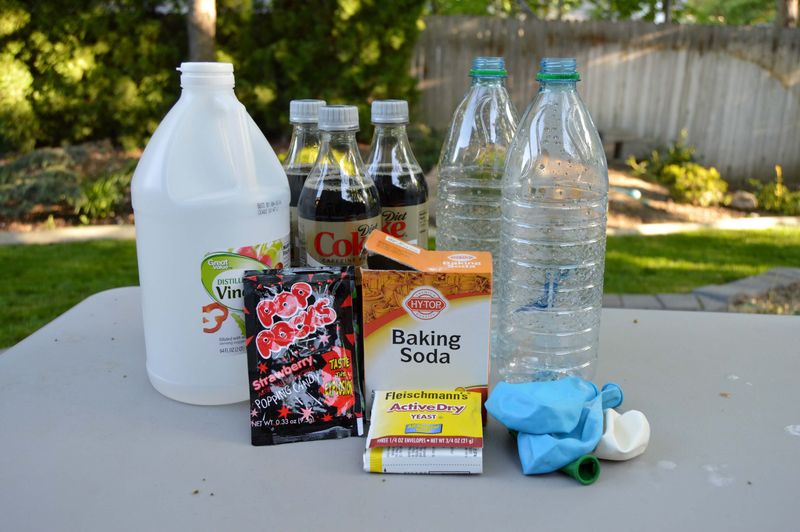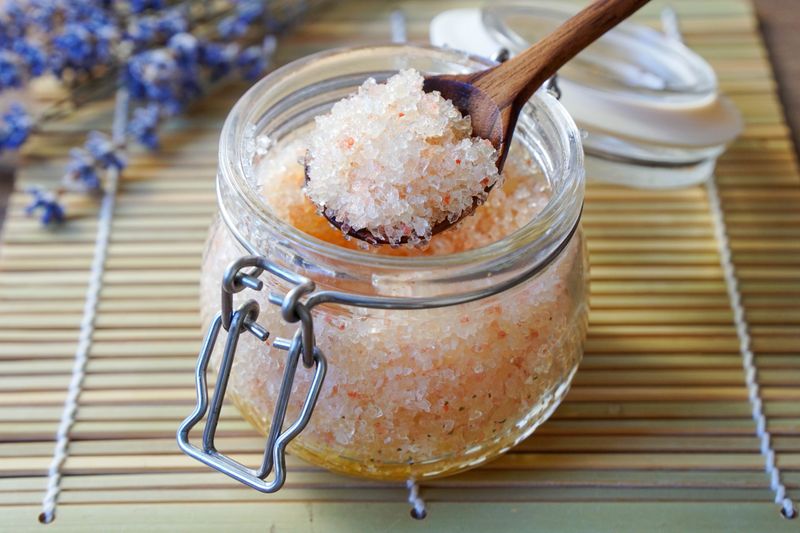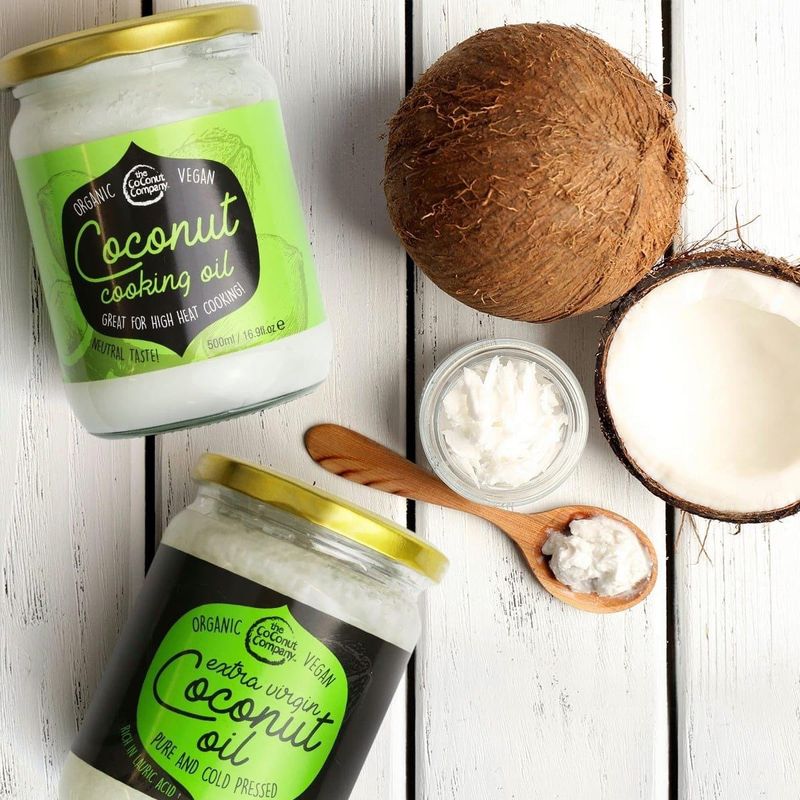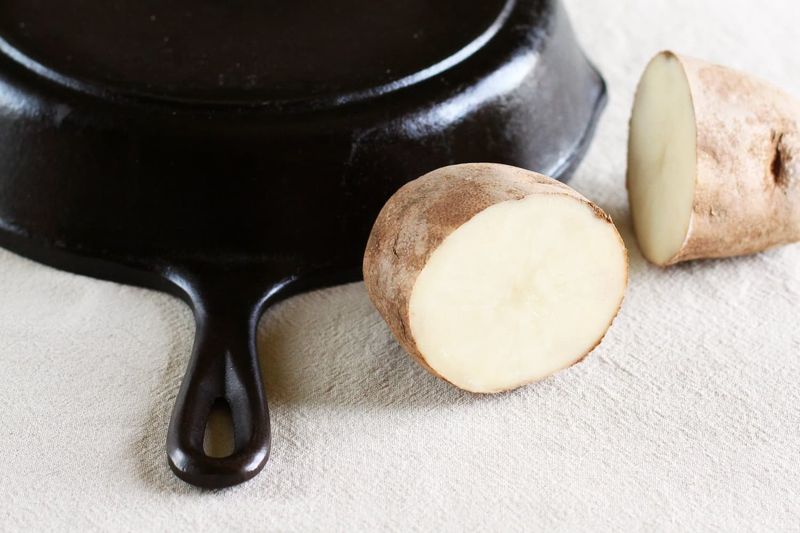Cleaning methods have evolved over the years, but some of the best tricks have stood the test of time. Professionals often credit their cleaning prowess to age-old techniques passed down from their grandparents. These tricks not only make cleaning more efficient but also bring a sense of nostalgia and effectiveness that modern methods sometimes lack.
From using natural ingredients to ingenious re-purposing, these tips reflect the wisdom and resourcefulness of generations past. Not only do they help keep homes spotless, but they also promote sustainable and eco-friendly practices that align well with today’s environmental needs. Let’s explore six such timeless cleaning tricks that continue to be relevant and practical.
1. Vinegar and Baking Soda Magic

Vinegar and baking soda is a classic cleaning combo. The fizzing reaction cleans drains and surfaces effectively. First, sprinkle baking soda on the surface. Then, pour vinegar over it and watch the magic happen. This mixture is ideal for unclogging drains and removing tough stains from tiles.
The acidic nature of vinegar dissolves grime, while baking soda acts as a gentle abrasive. This duo is also perfect for deodorizing and leaving a fresh scent.
Use it to clean kitchen sinks, bathroom tiles, and even grimy pots. It’s natural and safe, making it a go-to for many.
2. Lemon for Freshness

Lemon’s natural acidity makes it a powerful cleaning agent. To refresh your home, use lemon juice to wipe down surfaces. It cuts through grease and leaves a delightful scent.
Slice a lemon and rub it directly on stainless steel fixtures to remove water spots and enhance shine. In the kitchen, mix lemon juice with water for a natural cleaning spray.
The citrus scent invigorates and energizes, creating a welcoming atmosphere. Additionally, lemon peels can be used in garbage disposals to combat odors, making it a versatile tool in any cleaning arsenal.
3. Salt for Scrubbing

Salt isn’t just for seasoning; it’s a superb scrubbing agent. For stubborn stains on cast iron pans, sprinkle salt and scrub with a cloth. This method preserves the pan’s integrity while removing tough residue.
Mix salt with a bit of water to clean cutting boards, absorbing stains and odors. It’s also effective on coffee stains in mugs.
For refrigerators, sprinkle salt on spills and wipe away with ease. Salt’s abrasiveness and natural qualities make it an indispensable part of cleaning, especially in kitchens.
4. Newspaper for Shiny Windows

Using newspaper to clean windows is an old trick still in use. After spraying glass cleaner, wipe with newspaper for a streak-free shine. The paper’s texture helps polish without leaving lint.
This method is cost-effective and recycles old newspapers. Unlike cloths, newspaper doesn’t leave fibers behind, ensuring clear and sparkling windows.
It’s especially useful for large glass surfaces, providing a clear view and an elegant finish. A simple, eco-friendly trick, it’s perfect for those who enjoy sustainable practices in their cleaning routines.
5. Coconut Oil for Polish

Coconut oil is excellent for polishing wood and leather. Dab a small amount on a cloth and buff wooden surfaces to restore shine and luster. Coconut oil not only polishes but also nourishes the wood, extending its life.
Leather items like couches or shoes benefit from this treatment too. The oil conditions and revives the leather, preventing cracks.
It’s a natural alternative to chemical polishes, safe for homes with pets and children. Embrace this tropical solution for a warm, glossy finish that highlights the beauty of your furnishings.
6. Potato for Rust Removal

Potatoes contain oxalic acid, useful for rust removal. Cut a potato in half, dip it in dish soap, and scrub the rusted area. This technique works wonders on small tools and kitchenware.
The potato’s natural acids react with the rust, breaking it down without damaging the metal. It’s a gentle yet effective method for maintaining garden tools and utensils.
This humble vegetable can rejuvenate your metallic items, proving that even simple pantry items hold the key to effective cleaning. It’s an unexpected but invaluable tool in the cleaning arsenal.

Well, hello there!
My name is Jennifer. Besides being an orthodontist, I am a mother to 3 playful boys. In this motherhood journey, I can say I will never know everything. That’s why I always strive to read a lot, and that’s why I started writing about all the smithereens I came across so that you can have everything in one place! Enjoy and stay positive; you’ve got this!

